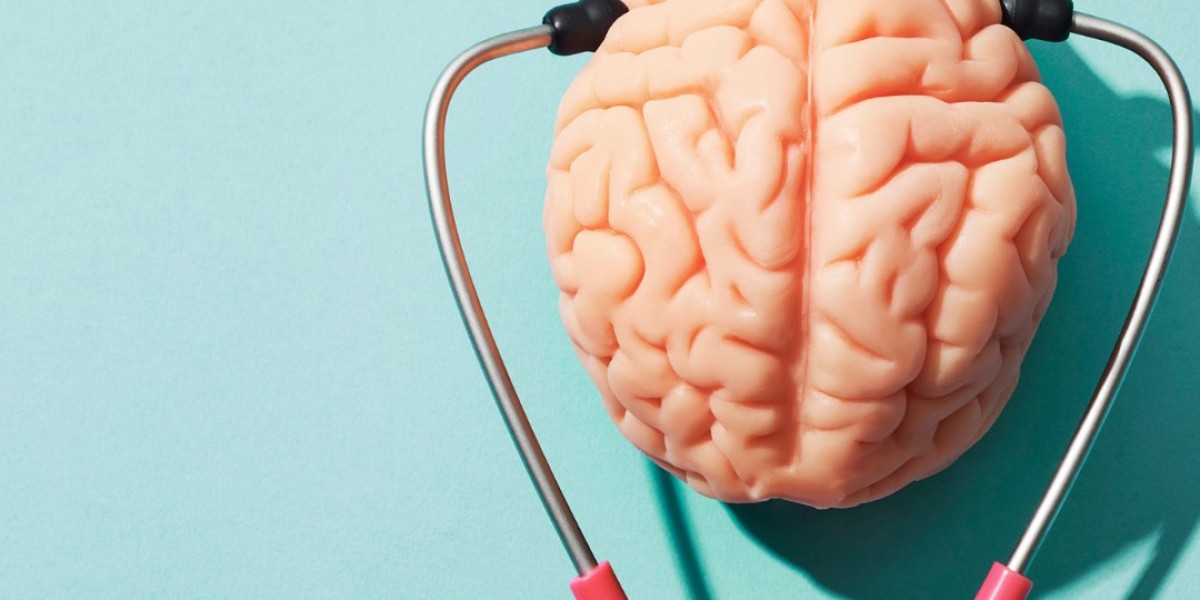- Self-Care Practices: Engaging in self-care activities can play a vital role in alleviating symptoms of anxiety and depression. Consider the following practices:
- Establishing a Routine: Create a structured daily routine that includes regular sleep patterns, balanced meals, exercise, and time for relaxation.
- Physical Activity: Engage in regular exercise, such as walking, yoga, or dancing, as it promotes the release of endorphins, which can boost mood and reduce anxiety.
- Mindfulness and Meditation: Practice mindfulness and meditation techniques to bring awareness to the present moment, reduce stress, and cultivate a sense of calm.
- Healthy Lifestyle Choices: Prioritize a balanced diet, limit caffeine and alcohol intake, and avoid recreational drug use, as they can exacerbate symptoms.
- Cognitive-Behavioral Techniques: Cognitive-behavioral therapy (CBT) techniques can be helpful in managing anxiety and depression. Consider the following approaches:
- Identifying Negative Thought Patterns: Recognize negative thinking patterns and challenge them by replacing them with more realistic and positive thoughts.
- Thought Record: Keep a thought journal to identify and reframe negative thoughts, examining evidence to support or dispute them.
- Behavioral Activation: Engage in activities that bring a sense of pleasure or accomplishment, even when motivation is low.
- Relaxation Techniques: Practice deep breathing exercises, progressive muscle relaxation, or guided imagery to reduce stress and promote relaxation.
- Social Support: Building a strong support system is crucial in managing anxiety and depression. Consider the following:
- Reach Out to Loved Ones: Share your thoughts and feelings with trusted friends or family members who can provide emotional support and understanding.
- Support Groups: Join support groups or online communities where you can connect with others facing similar challenges and share experiences.
- Professional Help: Seek therapy from a licensed mental health professional who can provide guidance, coping strategies, and evidence-based treatments.
- Helplines and Hotlines: Utilize helplines or crisis hotlines to access immediate support during times of distress.
- Lifestyle Adjustments: Certain lifestyle adjustments can contribute to anxiety and depression relief:
- Quality Sleep: Prioritize sufficient sleep by establishing a bedtime routine and creating a sleep-friendly environment.
- Limit Stressors: Identify and manage sources of stress, whether they are work-related, relationship-based, or financial, through effective problem-solving and stress reduction techniques.
- Limit Media Exposure: Reduce exposure to negative news and social media content that may contribute to heightened anxiety or depressive symptoms.
- Engage in Hobbies and Activities: Dedicate time to activities you enjoy, such as hobbies, creative pursuits, or spending time in nature.
Conclusion: While anxiety and depression can be challenging, relief is possible through various strategies and support systems. Incorporating self-care practices, utilizing cognitive-behavioral techniques, building a strong support network, and making lifestyle adjustments can contribute to overall well-being and provide relief from symptoms. Remember, seeking professional help is essential, and with time, patience, and perseverance, it is possible to manage and overcome anxiety and depression.



